Adventure cyclist Markus Stitz has made a new film about the “magic” of Scottish hostels. Gayle Ritchie finds out more.
Stigmas can be hard to shake and for decades, hostels in Scotland were regarded as old-fashioned and austere, with day-long lock-outs, stern wardens, booze bans, curfews, chores (like scrubbing the loo and mopping the floors) and dorms.
But over the last few years these outdated images have been put firmly where they belong – in the past – with many hostels going through a radical programme of modernisation.
One man on a mission to help break the stigma is Edinburgh-based adventurer and bikepacker Markus Stitz.
He’s just made a film highlighting the evolution of Scottish hostels, illustrating that the facilities have come a long way from the days of having to share dorms, sleep in bunk beds and “slum it”, with guests now offered a wide range of clean, comfy, affordable accommodation and upbeat communal areas.
Traveller
Markus has travelled all over Scotland (and in fact all over the world) on his bike and finds his experience is very much shaped by staying in hostels.
“I always find them to be very welcoming places, and a great opportunity to meet new people,” he says.
“I find there’s often a very personal feel to independent hostels – they are run by people who are passionate about the places they call home.”
Bikepacking adventures
Markus, who cycled 34,000km around the world on a single-speed mountain bike in 2015 and went on to found Bikepacking Scotland, uses local knowledge to plan his trips and says that hostelling is a brilliant way to meet people keen to share offer advice on where to go and what to do in an area.
“When Scottish Hostels approached me to make the film, I knew I could draw on my own personal experience, while also meeting interesting people along the way,” he adds.
The film, available to watch on YouTube, portrays the unique and sociable experience hostelling offers everyone whether solo travellers, couples, families or groups of friends.
Fantastic opportunity
Filmed at Ballater Hostel in Royal Deeside, Great Glen Hostel in Spean Bridge, The Cowshed Boutique Bunkhouse on Skye, Oban Backpackers and Coll Bunkhouse, the eight-minute film – People Who Shape Places – shows that modern hostels offer a fantastic opportunity to experience the best of the Scottish countryside.
Set in stunning scenery and often right on hiking and cycling trails, their hosts are experts on each area and passionate in their missions to help travellers make the most of their stays.
Markus was commissioned to choose hostels in a variety of regions and of different sizes. Where possible, he travelled to them all by bike and public transport, taking a ferry from Oban to the island of Coll.
He stayed at five hostels during his filming mission and enjoyed some canoeing, e-biking and kayaking while on his travels, also visiting local attractions including hotels and distilleries as he went.
His favourite hostel was Coll Bunkhouse. “It’s small, the facilities are great and the location is just stunning,” he says.
“You can go outside and see an amazing night sky, and during the day there are fabulous beaches to explore. There’s only one shop, one hotel, one cafe.”
Sociable experience
Dominique Drewe-Martin, partner at Ballater Hostel and Scottish Hostels chair, features prominently in the film and tells how she’s enjoyed hostelling since she was a young girl.
“Hostels are such a sociable experience,” she says.
“I just remember that buzz when you come into a hostel as a small child and you’ve got not just the bedroom, but you’ve got the communal areas and potentially a games room. It’s just such an adventure for a child.”
The film also shows how people who work in the hospitality industry are positively shaped by the hostels they work in.
Transformational
Vicky Taylor, hospitality manager at the Great Glen Hostel, talks about the positive effect her work in a hostel had on her.
“I fell in love with hostelling in the area and then meeting the people that were staying,” she says.
“It completely transformed my life, because I then went from what was going to be just a seasonal position to actually staying in the area for more than two years now.”
Athena Zelandonii, an Australian photographer and writer who manages the Cowshed Boutique Bunkhouse on Skye, describes the connection of place and people that is unique for Scottish Hostels:
She says: “I think that one of the really special things about hostelling is how you can develop really close, tight bonds with the people that you meet. You meet people from all walks of life and people that you wouldn’t necessarily expect to meet.
“And I think often you get drawn to a place because you’ve got so many things in common already. That’s part of the magic of staying in hostels. It’s wonderful especially when you see people keep extending their stay because of the people they’ve met, because of the magic they’ve found in the place that they’ve gone to.”
Super-friendly
The essence of hostelling is to provide safe, clean, comfortable, friendly accommodation at an affordable price.
Guests can cook their own meals and share the communal spaces with other guests, and outdoor enthusiasts can choose hostels which offer drying rooms and bike/equipment storage – not always found in other types of accommodation.
I think that one of the really special things about hostelling is how you can develop really close, tight bonds with the people that you meet.”
Athena Zelandonii
Scottish Hostels also work closely together with local activity providers like Active Highs, which is based on the grounds of Great Glen Hostel.
Conner Kevin Mackenzie, a canoe and raft guide featured in the film, says he loves being able to take “full advantage of what we have right beside us” instead of travelling miles and miles away, adding: “You have it all right in front of you”.
Positive picture
Markus hopes while the film will show how friendly and welcoming modern-day Scottish hostels are that it will also paint a positive picture of the hospitality industry.
“It struggles to attract new people into the sector,” he reflects.
“The people in the film who run those hostels are happy in their jobs – for them, working in that sector is an important part of their life.
“Often they come from very different careers before they decided to buy or manage a hostel.
“So the film not only portrays hostelling, which has come a long way since people had to sleep in bunkbeds, but also the running of a hostel as a profession, which come with a lot of perks.”
- Check out Markus’s film, made in tandem with Scottish Hostels – People Who Shape Places, at youtube.com/watch?v=yBLcCNp0_SU
- Markus has also just published his first book – Great British Gravel Rides – with Vertebrate Publishing.
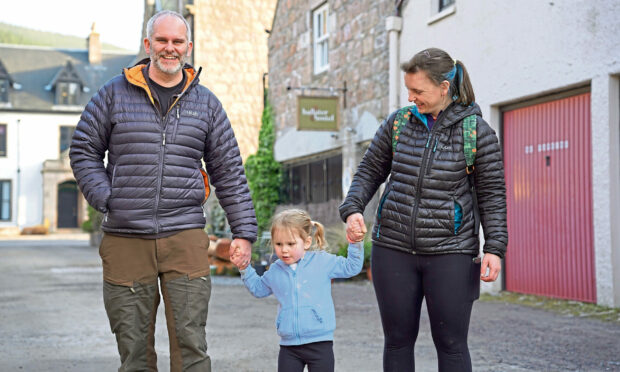
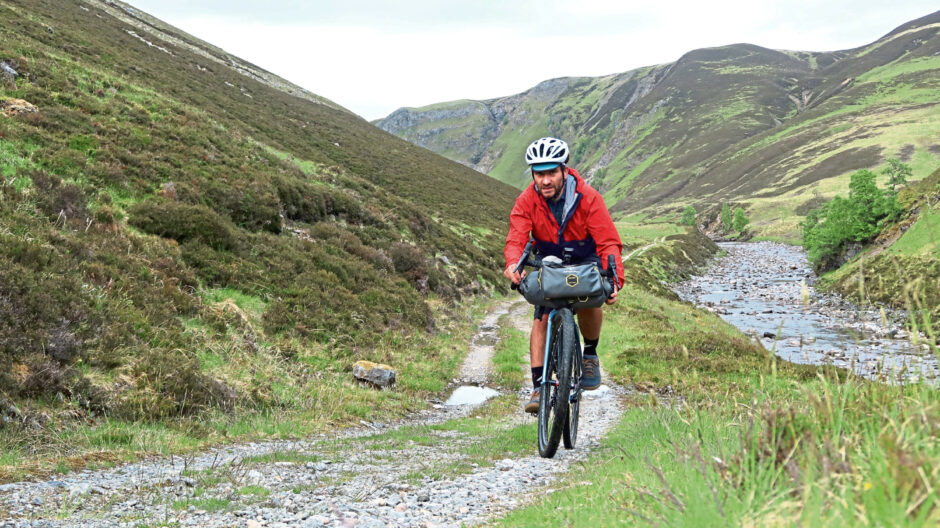
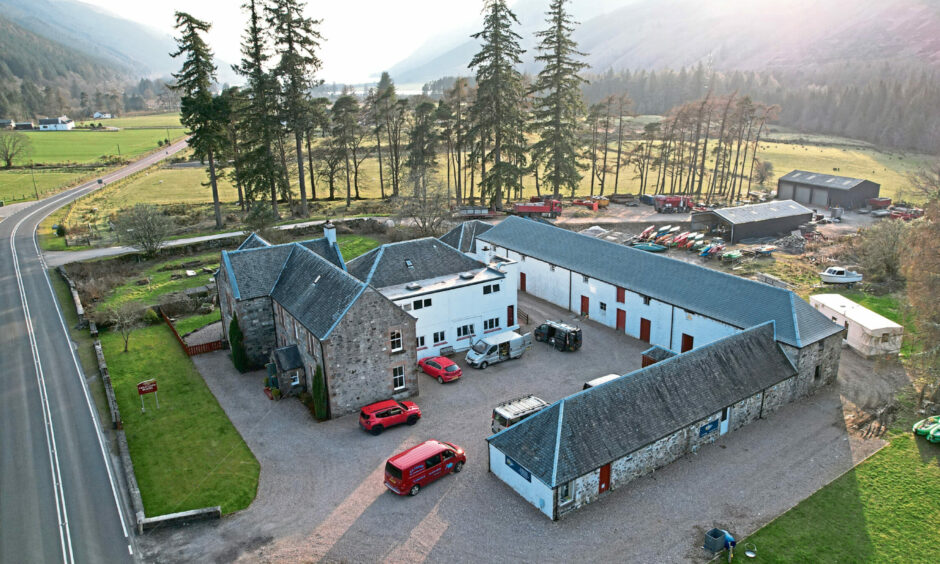
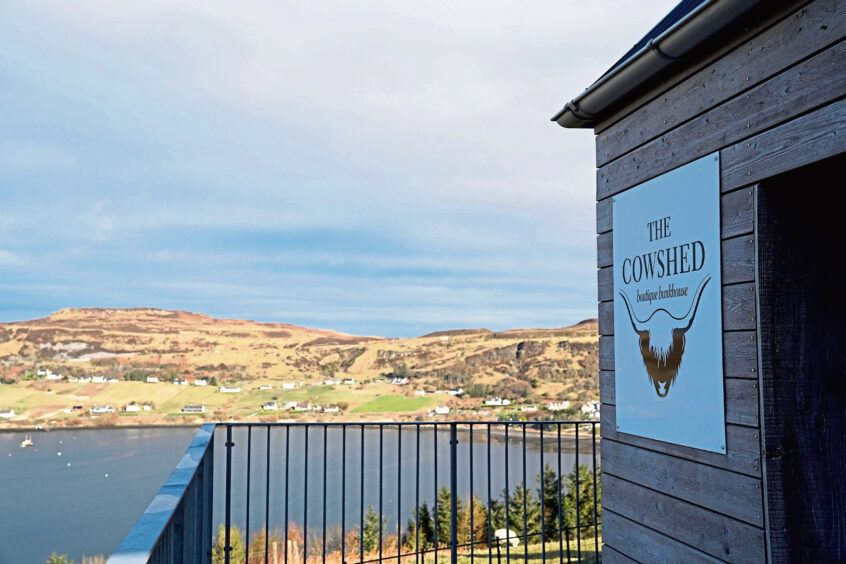
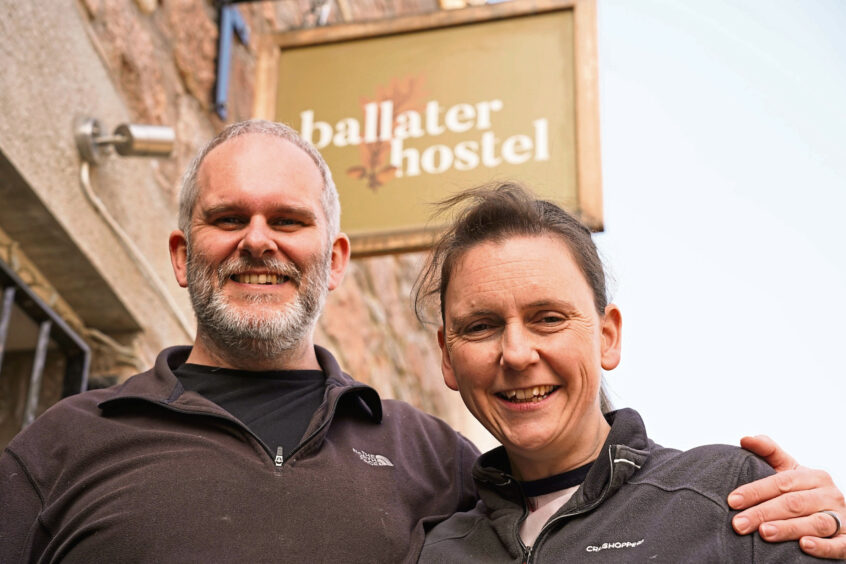
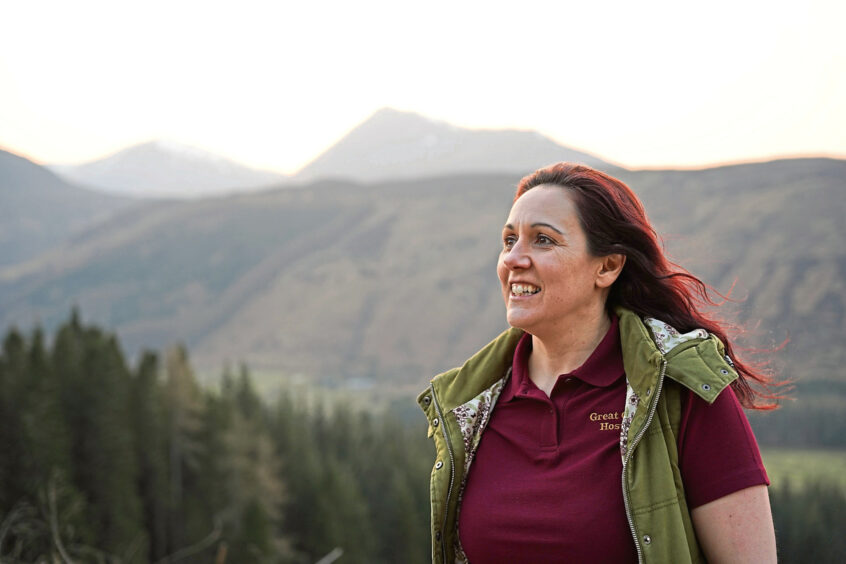
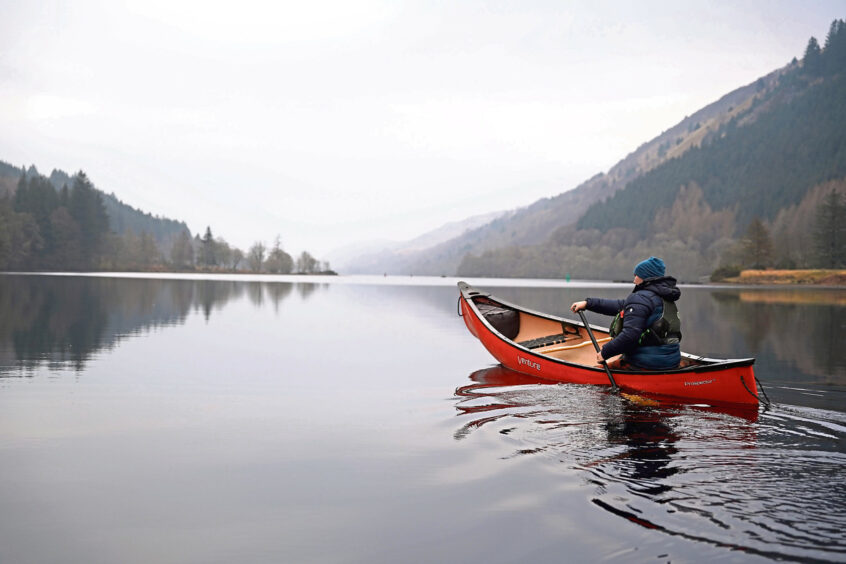
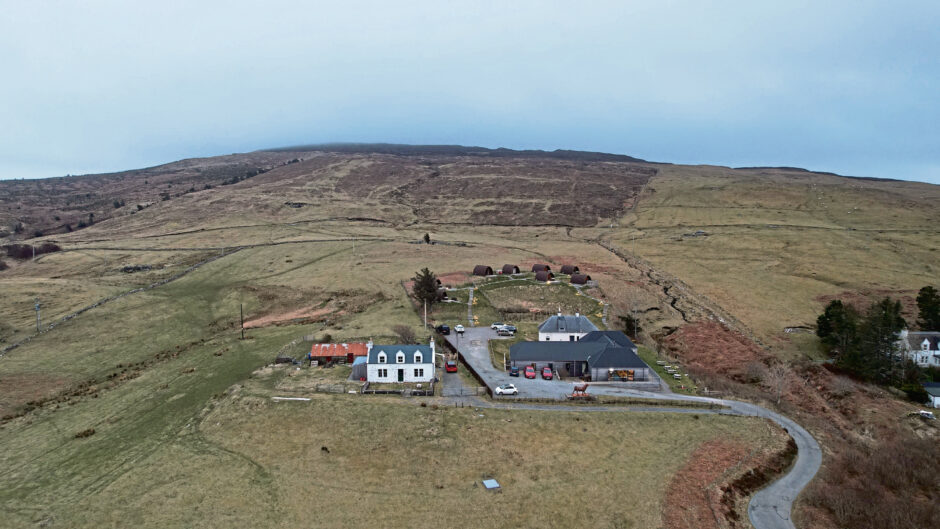
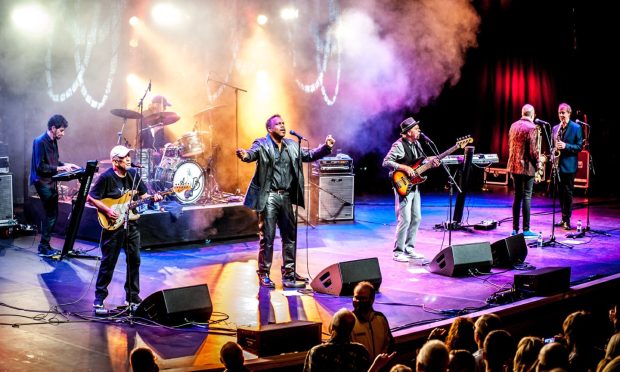
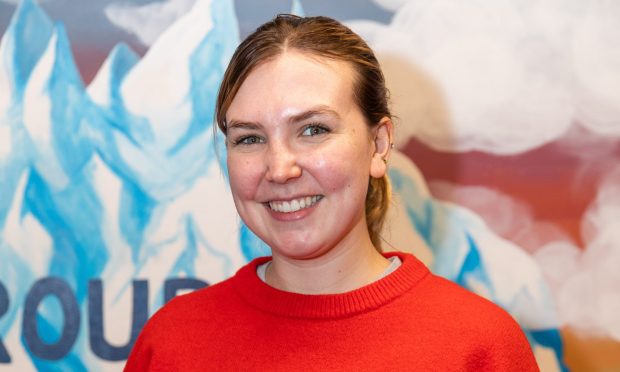



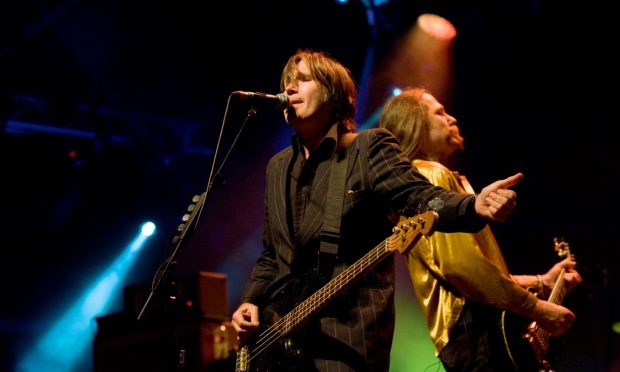
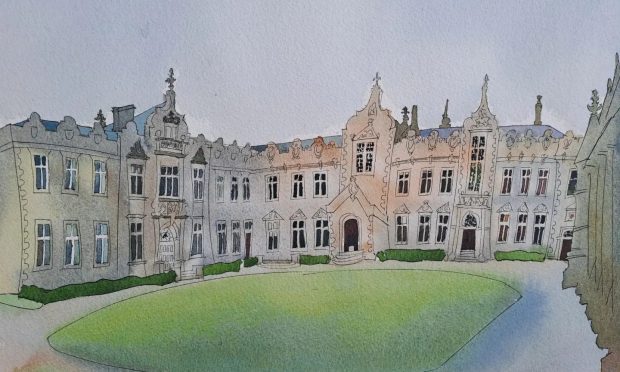
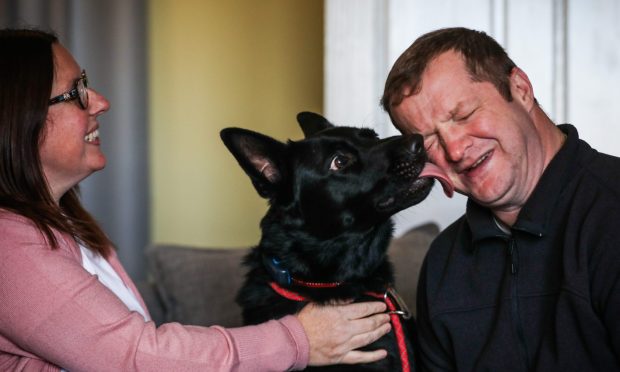
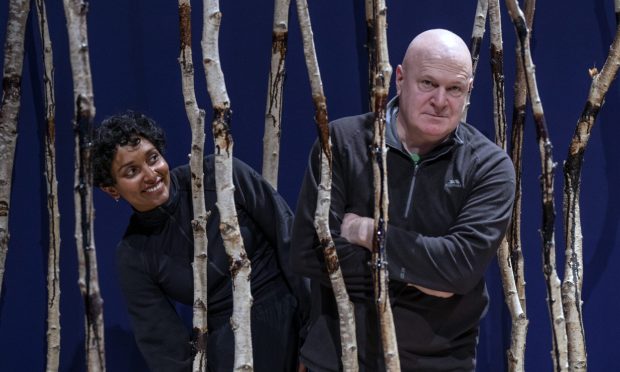
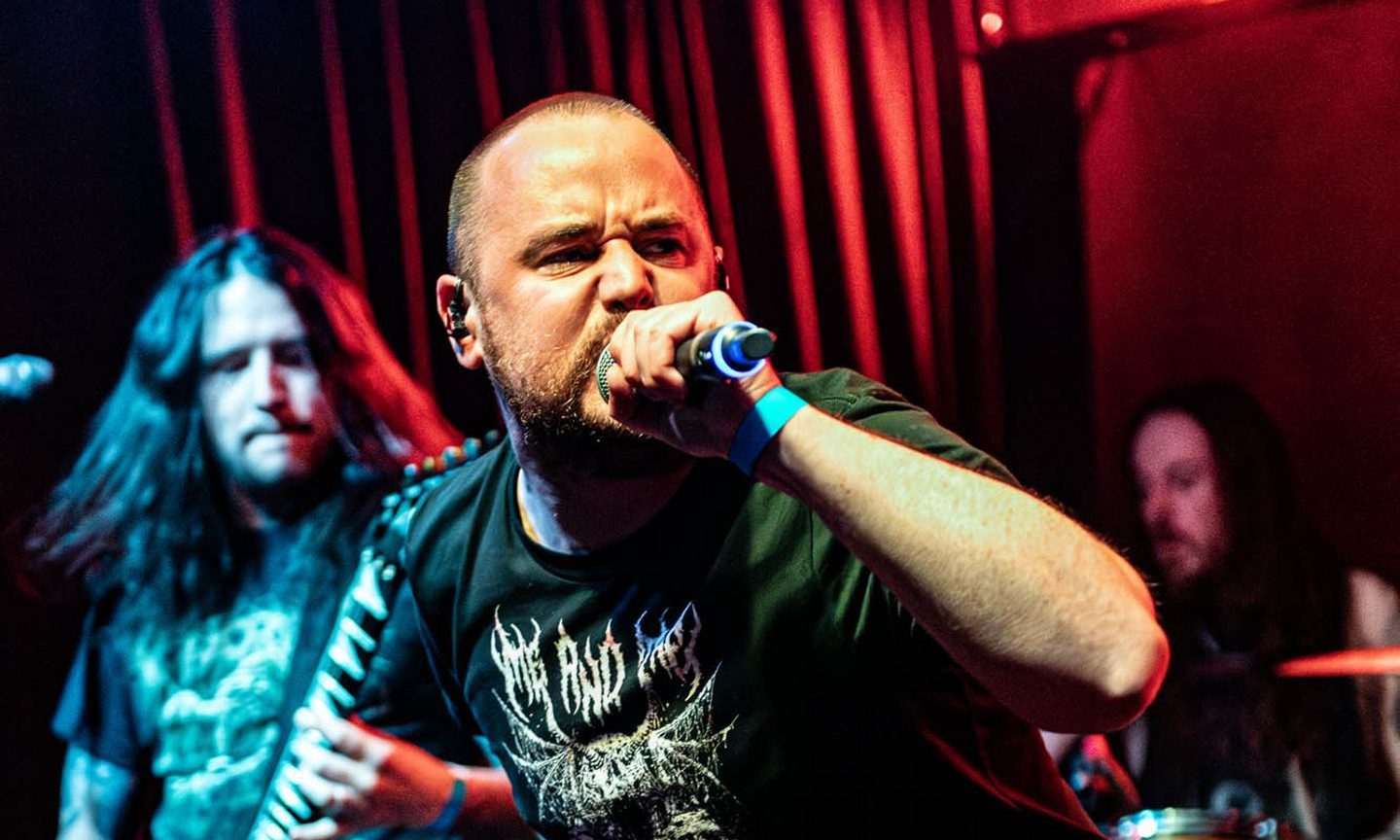
Conversation